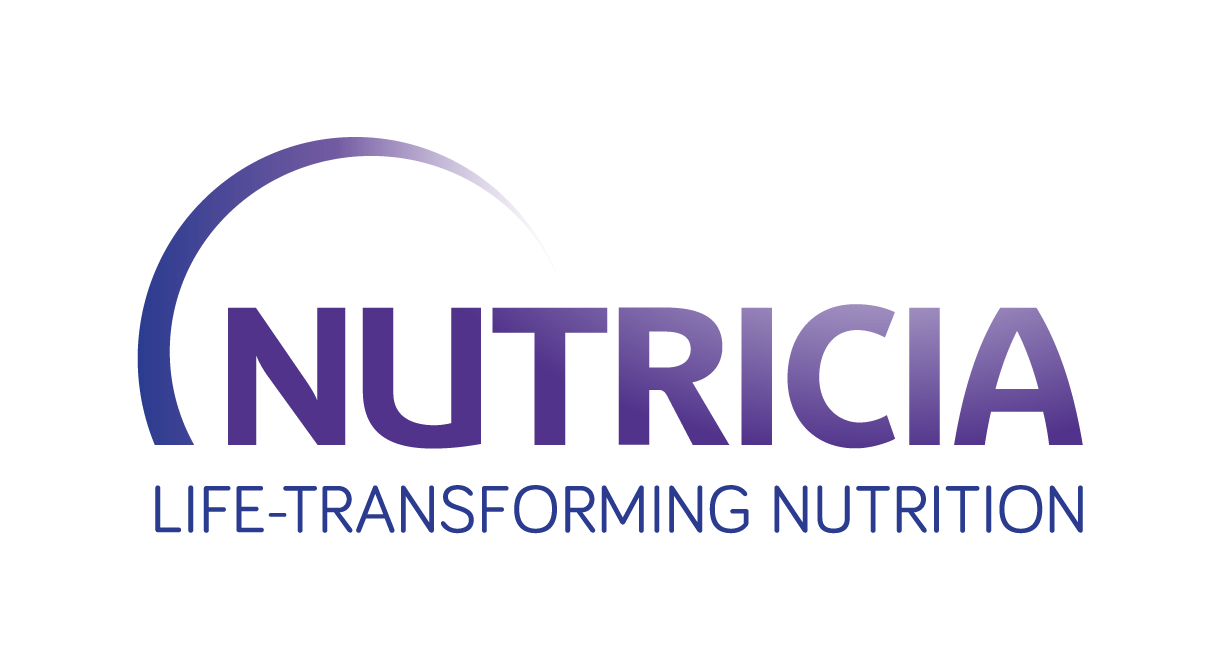Faltering growth refers to a reduction in weight-for-age over a period of time, often indicative of underlying issues. It can be caused by disease-related factors such as decreased intake, increased nutritional requirements, or excessive losses, as well as non-disease-related factors like psychosocial and environmental influences.
Chronic diseases like congenital heart disease, chronic lung disease, and inflammatory bowel disease commonly contribute to disease-related FG. Hospitalized children, particularly those in pediatric intensive care units, are at heightened risk of malnutrition.
Short-term consequences of FG include impaired immune function and increased susceptibility to infections, while long-term impacts may include reduced cognitive development and increased risk of obesity.
FG also poses a significant financial burden on healthcare systems, with prolonged hospital stays and higher medical costs associated with undernourished children.
Nutritional management of FG requires a detailed understanding of the underlying conditions, and international guidelines provide recommendations for optimal management. Key considerations include ensuring appropriate intake of energy, protein, and micronutrients, as well as the use of prebiotics and long-chain polyunsaturated fatty acids to support immune function and cognitive development.
The booklet emphasizes the importance of screening, assessment, and diagnosis of FG, as well as the need for a multidisciplinary approach to nutritional support. Further research is needed to better understand the causes and management of FG and to implement effective interventions, especially in underprivileged populations.
Do you need support?
Contact our team for guidance on the use and composition of our product range, to get in touch with your local Nutricia representative.
We are available Monday to Friday 9am-5pm (except Philippine Holidays)

Important Notice
Breastfeeding is the best form of nutrition for infants and provides many benefits to babies and mothers. In preparation for and during breastfeeding, it is important to maintain a healthy and balanced diet. Combined breast and bottle-feeding in the first weeks of life may reduce the supply of breast milk, and reversing the decision not to breastfeed is difficult. The social and financial implications of not breastfeeding should be considered. All preparation and feeding instructions must be carefully followed, as improper preparation could pose in health risks to the baby. Always consult a healthcare professional for advice on infant feeding and use the products under medical supervision after considering all feeding options.
You are about to leave Nutricia Export B.V. (“Nutricia”)’s landing page and access the third-party website.
Before you proceed, we want to inform you of the following:
1. The third-party website you are entering is not operated or controlled by Nutricia.
2. Nutricia is not responsible for the content, services, or products offered on the third-party
website.
3. Any transactions or interactions you have on the third-party website are solely between you and the third party.


